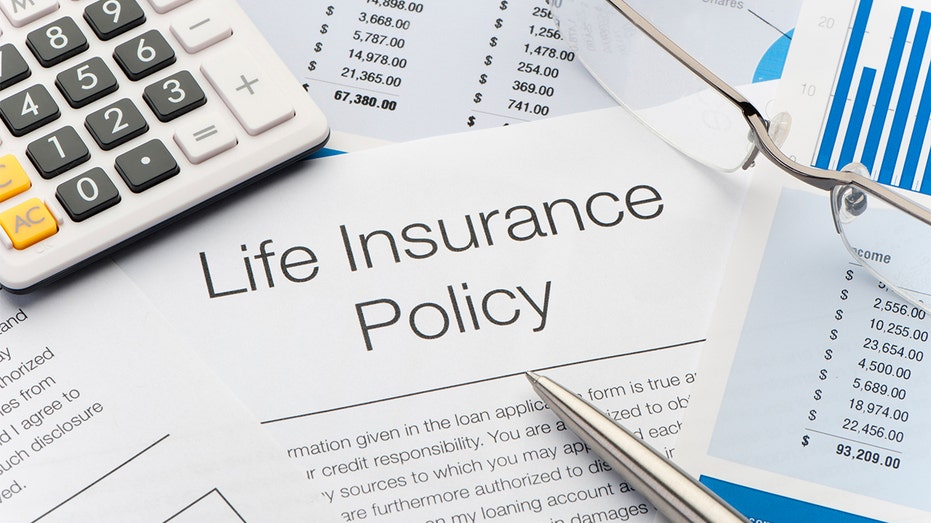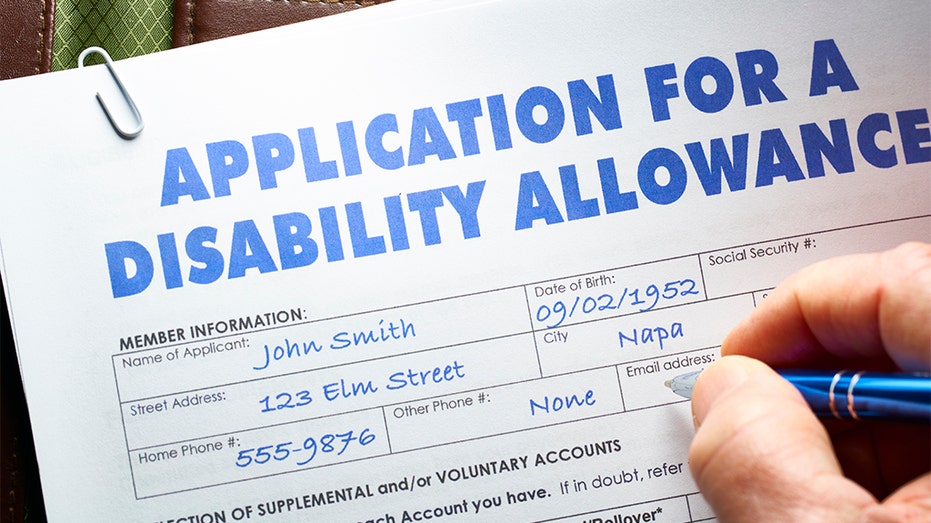Will life insurance payout for coronavirus pandemic?
Does life insurance cover COVID-19?
With over 214,890 confirmed cases of coronavirus across the globe and nearly 9,000 deaths that have resulted from the pandemic, people are thinking about life insurance more and more. However, a top question on many consumers’ minds is whether their current policy will cover them or if they should ditch the old one for something new.
IS CORONAVIRUS COVERED BY TRAVEL INSURANCE?
Here is what you need to know about life insurance during a global pandemic.
Does life insurance cover pandemics?

(iStock)
“Policies cover and adapt even in a pandemic. So the good news is you're covered, there's no exclusion. If you have a traditional life insurance policy, you're fine,” Erin Ardleigh, the brokerage founder of Dynama Insurance told FOX Business. “The only exception would be sometimes people have what's called accidental death and power fees. So, it's always important to just understand what you have.”
“When in doubt, you can always take a look at your policy or have someone who you trust to read it for you if it's really overwhelming or you have any kind of exception or unusual clause in the policy itself,” Ardleigh offers as a piece of advice for consumers who are unsure about their current life insurance policy.
FILING INSURANCE CLAIMS FOR CORONAVIRUS? REMEMBER THESE 5 TIPS
She also noted that during a pandemic such as what is currently being seen with COVID-19, consumers who are in good health can opt for a virtual application, which is provided by most insurance companies. With a virtual application, filing paperwork can be done from the comforts of home whether it be online, over the phone or through fax.
“There is a virtual application for licensure and very few people realize this. People who need a million-dollar policy or less can apply virtually. They just need to fill out paperwork,” Ardleigh said.
This option is helpful in pandemic situations where people aren’t willing to leave their houses for insurance-related medical testing and doctors have limited resources due to the influx of sick patients, according to Ardleigh.
Who is looking for life insurance now?

(iStock)
When it comes down to who is reaching out more about life insurance amid the coronavirus pandemic, Dynama Insurance is receiving calls from “a lot of people in their 20s, 30s, 40s and 50s.” Of those who call, Ardleigh said many are parents with children, individuals who relied on coverage through work and people who have gone through recent life events like purchasing a house.
AS CORONAVIRUS DISRUPTS COLLEGES, CAN INSURANCE POLICIES MITIGATE IMPACT?
“It's really important to review your insurance and see what you have that's going to be really important going forward,” Ardleigh said. “Just like you review your assessments, don't just take the insurance policy and cross your fingers, see how it's doing.”
For example, some people with whole life policies may have planned on offsetting premiums, which means that the dividend that comes in is big enough to pay the premium for them. That could all change if the coronavirus pandemic worsens.
“I definitely would say it's a time to be very vigilant about what you have when your next annual premium comes up,” Ardleigh added.
What about long-term care or disability insurance?

(iStock)
Ardleigh noted that some clients have called in to ask if they should get long-term care or disability insurance in case they’re at risk of contracting the virus.
GET FOX BUSINESS ON THE GO BY CLICKING HERE
“It's really important to actually need your policy, understand how you trigger benefits, how you qualify,” she said. “Both of these policies often have a waiting period where you have to wait about a time. It could be 60 days, it could be 90 days before you can use the policy.”
Most people who get sick from coronavirus should ideally get better before the 60- or 90-day mark, which may defeat the purpose of getting these types of insurance in the first place.
And with disability insurance, in particular, you have to prove a loss of income related to an illness or injury, which is typically around 20 percent according to Ardleigh. The process could take up to six months.
“Your policy might be different from your spouse's or your personal policy and insurance is also governed and regulated state by state here in New York might be different than what your sister in Atlanta,” Ardleigh pointed out as well.
CLICK HERE TO READ MORE ON FOX BUSINESS
To get a new insurance policy, Ardleigh says consumers can look for comparative resources online or call a provider directly. However, she believes most will have the best luck with an independent brokerage for a detailed breakdown of benefits.




















